Best piano brands 2023: Whether you’re an acoustic or digital piano player, these are the companies you need on your radar
From Yamaha to Steinway, here are 14 piano brands that you need to know about
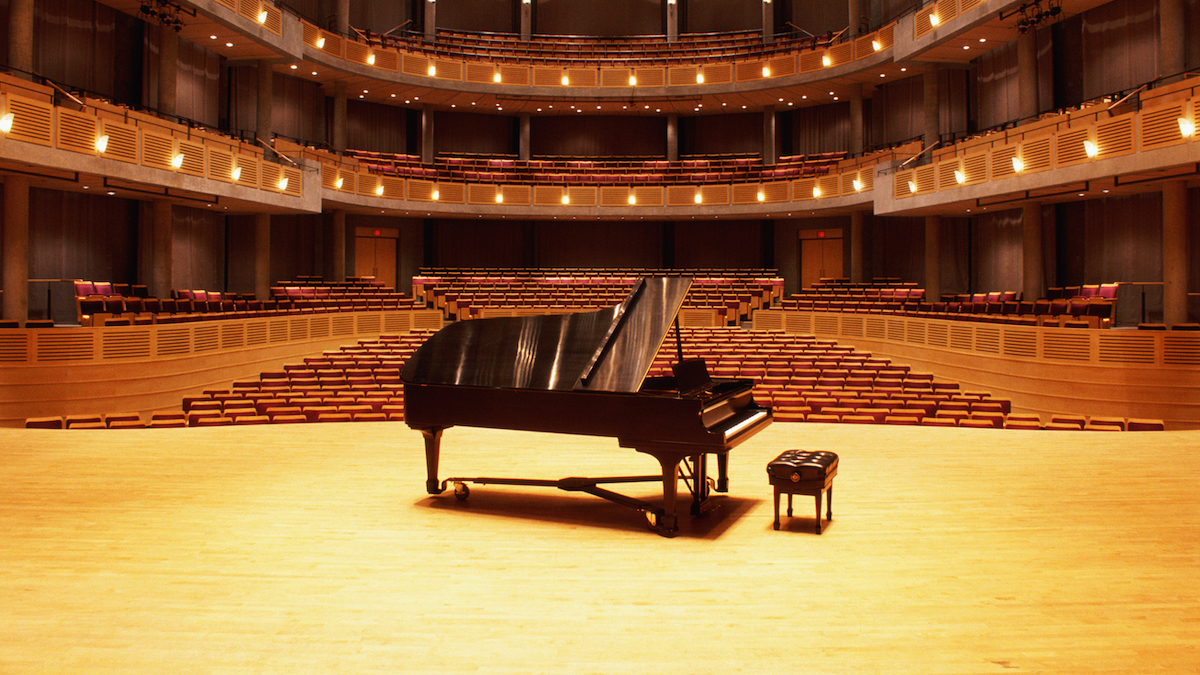
The piano has been with us in one form or another since the early 1700’s, after which it evolved into one of the most popular and versatile musical instruments on the planet, with one elegantly-turned wooden foot firmly planted in each of the classical, jazz and pop music universes. These days, we’re not just able to enjoy the wonderful experience of playing a quality acoustic piano, but we’re now in a golden age of digital instruments that continue to inch ever closer towards being indistinguishable - to most people at least - from the real thing.
Due to its innate versatility and ability to straddle genres like almost no other, the piano is one of the world’s most popular instruments to learn. So in this guide, we highlight a few of the major piano brands that - having accrued a lot of experience evaluating and reviewing both acoustic and digital pianos - we feel lead the way in innovation, build quality and track record when it comes to piano production. We should point out that the manufacturers featured here are listed in no particular order - this is not a ‘best of’ feature - just that if you’re in the market for a piano, be it acoustic or digital, these are just some of the names you should be aware of when making your shortlist.
Best piano brands: Acoustic piano
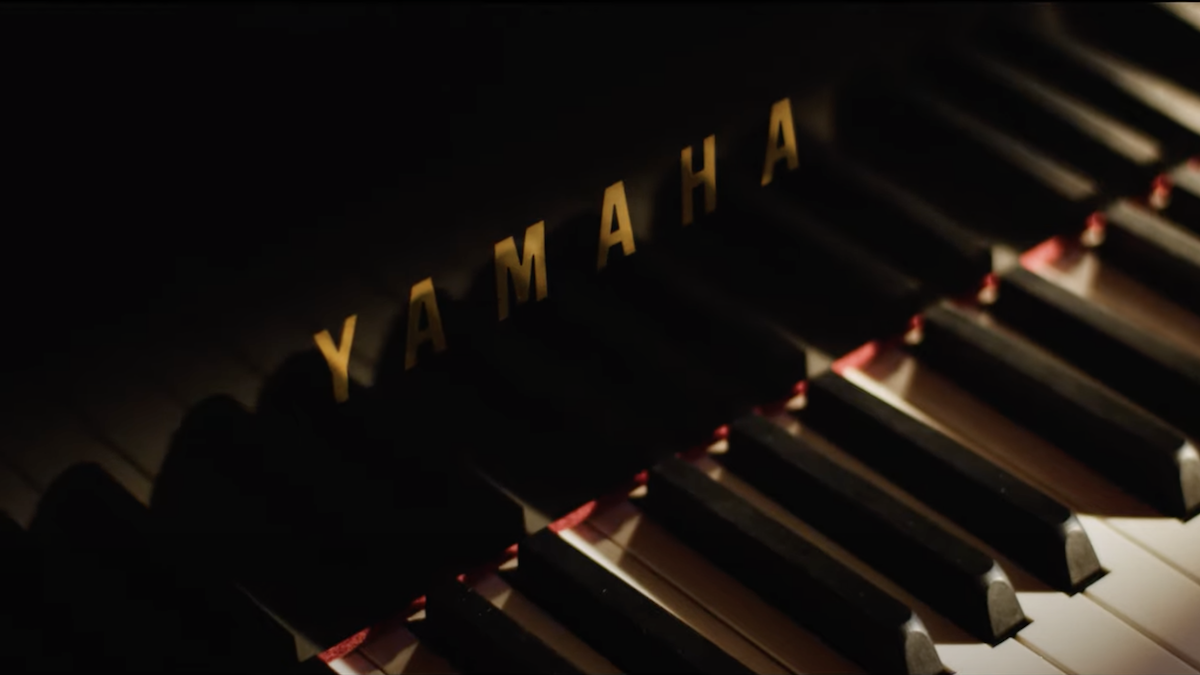
1. Yamaha
If you asked a random person on the street to name the first piano manufacturer they could think of, chances are that Yamaha would be the first name on many people’s lips. Yamaha acoustic pianos have been the byword for excellence for more than a century, having produced their first upright model in 1900 and a staggering five million instruments by 1991.
Since then, Yamaha concert grands have attained legendary status, to the point where the current flagship model, the acclaimed CFX, is the weapon of choice for a multitude of international classical piano festivals and competitions, and is favoured by a plethora of virtuoso musicians such as Maria João Pires, Vassily Primakov and Ayako Uehara.
Aside from the concert stage, the Japanese company has attained equal prominence in the domestic and upright piano markets, with the relatively affordable b1 upright topping the best seller lists in homes and educational establishments for many years. Yamaha’s technological knowhow has also brought them to the forefront of modern acoustic piano design with products such as the hybrid piano, silent piano and Disklavier, an acoustic piano fitted with electro-mechanical controls for performance recording and playback.
The one thing that unites all Yamaha acoustic pianos though, is an unmistakably warm, clear tone that makes them brilliant all-round instruments, whatever your genre or level of experience.
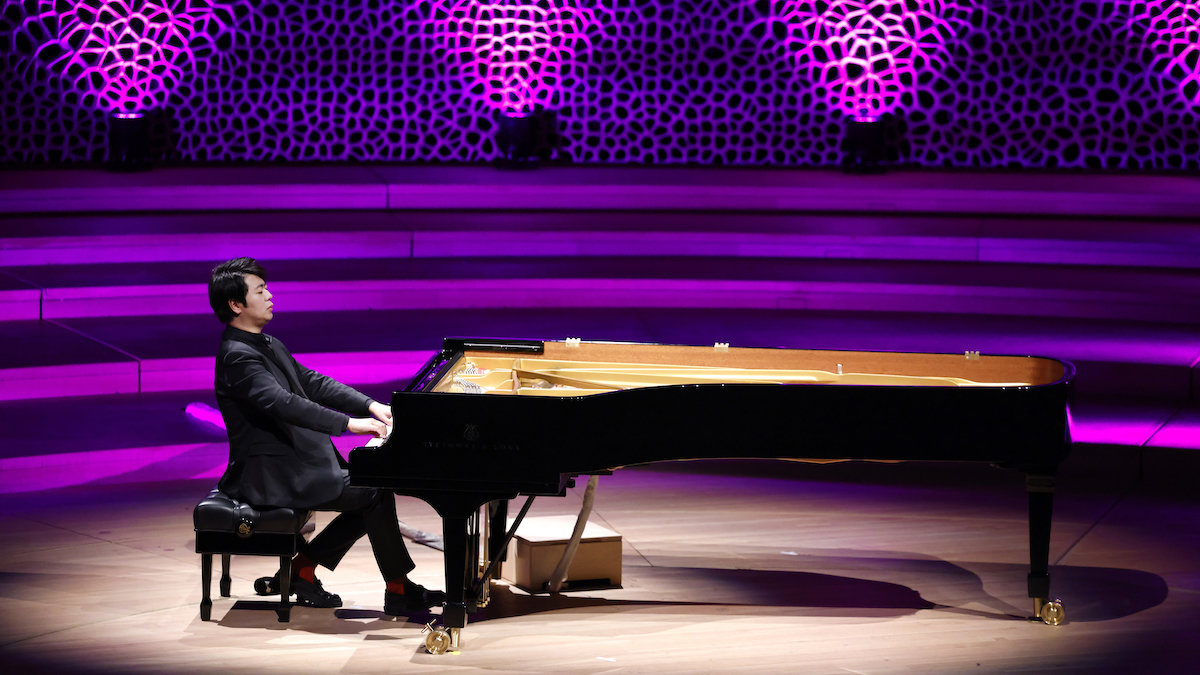
2. Steinway & Sons
Founded in Manhattan in 1853 by German piano builder Heinrich Steinweg, Steinway has a long and respected pedigree for producing some of the finest concert grand pianos on the planet. Instantly successful and favoured by classical composers and royalty across the globe, due to high standards of quality and innovative manufacturing processes, Steinway have rightly attained a reputation for high-end excellence that persists to this day.
The Steinway sound is particularly favoured in the classical realm, with none other than Franz Liszt himself opining in 1883 that “the new Steinway grand is a glorious masterpiece in power, sonority, singing quality, and perfect harmonic effects”. This explains why a Steinway piano is a fixture in a high percentage of concert halls and classical venues worldwide - the fact that Steinway was Leonard Bernstein’s preferred choice of piano speaks volumes.
Steinway pianos are currently manufactured in two locations - the Queens factory supplies North and South America, while the rest of the world is served by the Hamburg factory, which of the two arguably produces instruments of higher quality. Most famous for their 9’ D-274 concert grand, the company does produce two upright models, the V-125 and the K-132. In addition to the flagship Steinway piano line, Steinway also incorporate two more affordable brands marketed under the subsidiary brand names Boston and Essex. Boston pianos are manufactured in Japan by Kawai and Essex pianos are manufactured in China by Pearl River.
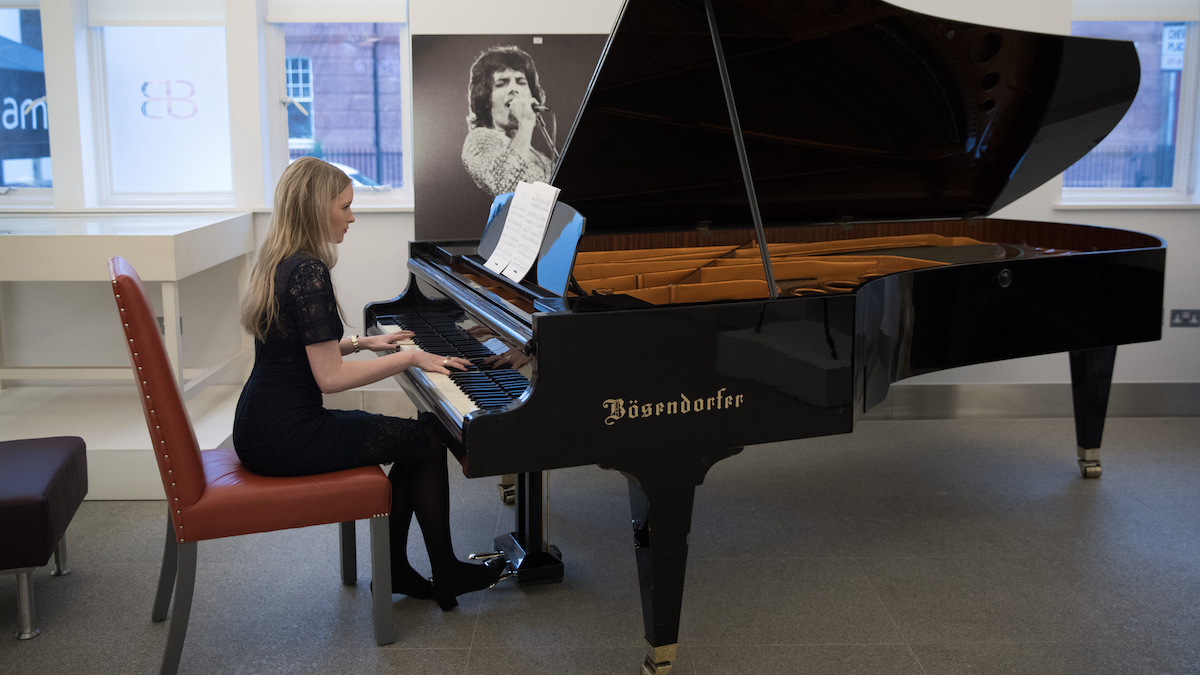
3. Bösendorfer
Renowned for exquisite craftsmanship, rich tone and illustrious history, Bösendorfer pianos are rightly regarded as some of the best in the world. The company dates back to 1828, founded by Ignaz Bösendorfer in Vienna, and enjoyed early success thanks to meticulous attention to detail and use of high-quality construction methods and materials.
Bösendorfer pianos are known for their warm, singing tone, powerful bass register, and exceptional dynamic range, exemplified by the most famous model in the range, the legendary, 97-key 290 Imperial concert grand piano. This has an extra octave of keys in the bass register, below the regular 88 of a normal piano. The addition of these extra bass strings gives the instrument a fuller, darker sympathetic resonance when played in the normal register. Its remarkable richness of tone makes the Imperial a shoe-in for romantic classical works by composers like Beethoven or Prokofiev, but also works exceptionally well for styles such as jazz, boogie and stride.
Currently, the Bösendorfer brand is owned by the Yamaha Corporation, but its pianos are still manufactured in the original factory in Vienna, where traditional craftsmanship is combined with modern engineering techniques to create instruments that are not only musically exceptional but also visually stunning.
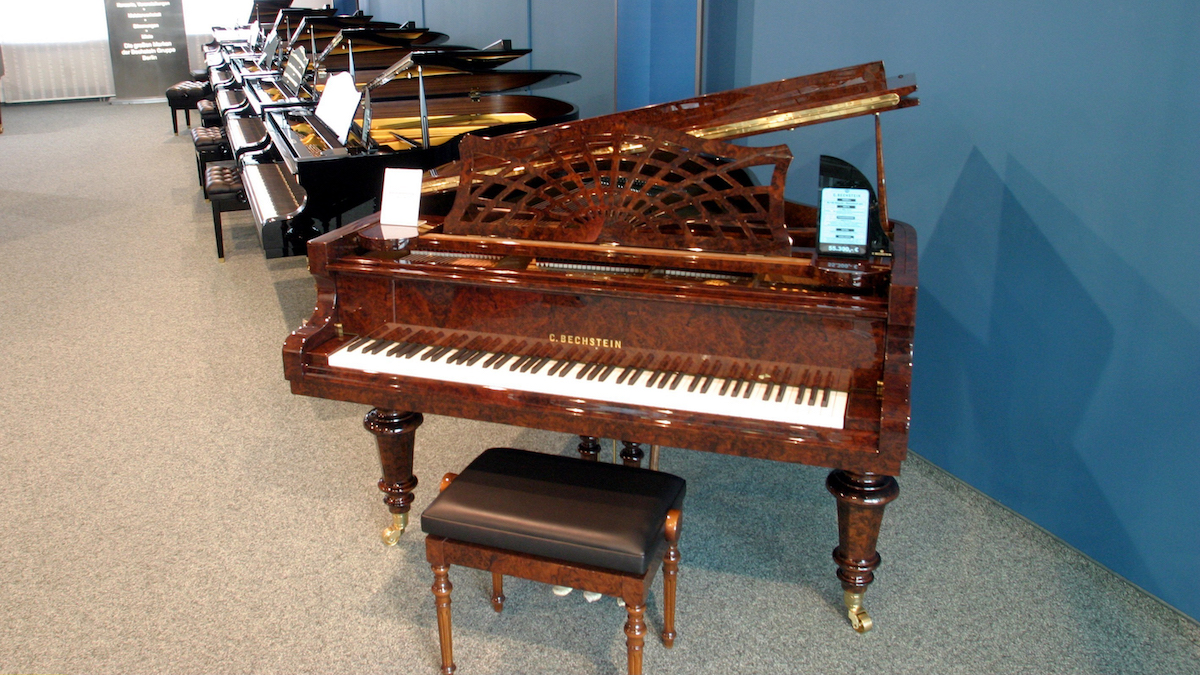
4. C.Bechstein
1853 was apparently a good year for starting piano companies, for it was in that year in Berlin that Carl Bechstein (the ‘C’ in C.Bechstein) established his original piano workshop. The C.Bechstein brand went on to be endorsed by composers such as Liszt, Grieg, Scriabin and Debussy during the latter half of the nineteenth century, and by 1914 had become the largest German manufacturer of high-end pianos.
The current incarnation of C.Bechstein operates out of a factory in the Czech Republic, together with subsidiary brand W.Hoffmann, a more affordable brand produced for the mid-level market, while an entry-level Bechstein brand, Zimmermann, is manufactured under licence in China.
Renowned for their meticulous attention to detail, impeccable construction and the use of premium materials, C. Bechstein pianos are highly regarded for their exceptional tone, warm and resonant sound, and outstandingly wide yet controllable dynamic range. A prime example is the C.Bechstein Concert 8, widely regarded as the finest upright piano in the world. This is due in part to an acoustic architecture similar to that found in the company’s Masterpiece class of grand pianos, giving the Concert 8 the volume, tone and voicing of a grand piano in the footprint of an upright.
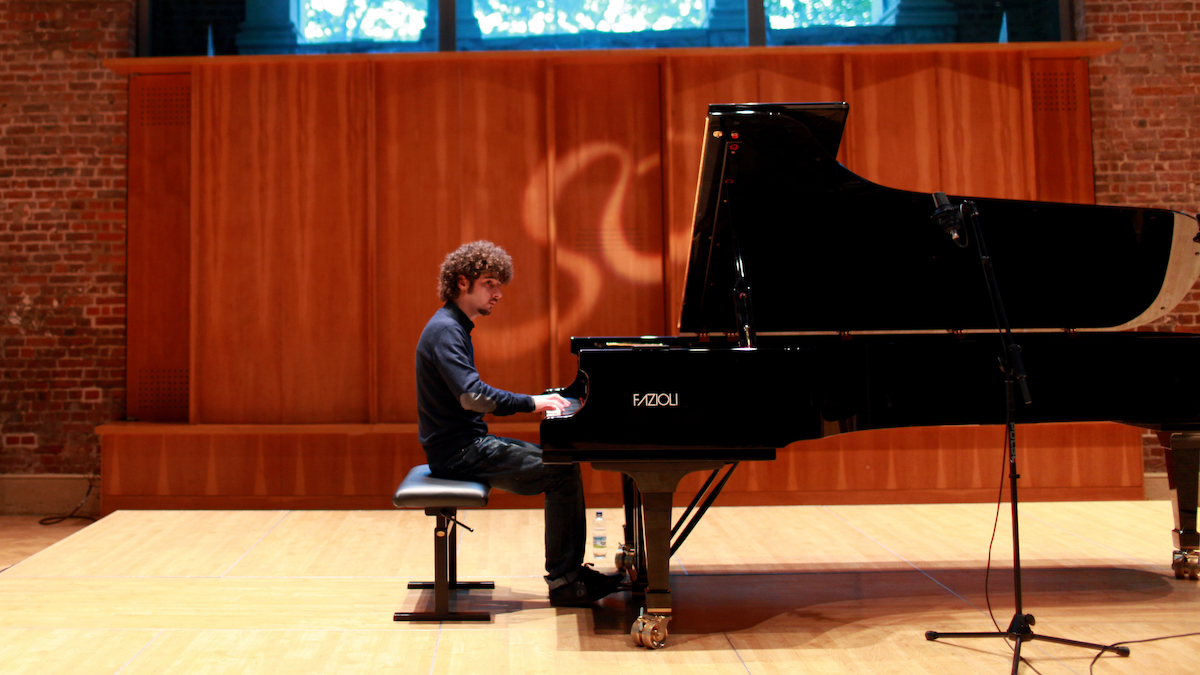
5. Fazioli
From a piano-builder’s perspective, Fazioli are the new kid on the block, first muscling in on the high-end acoustic piano market in 1981. The brainchild of Italian engineer and pianist Paolo Fazioli, the brand achieved early success, with early models produced at their Sacile factory north of Venice rapidly adopted by major players such as Marta Argerich and Vladimir Ashkenazy. Recognising a need for an instrument with the kind of power and harmonic richness necessary to fill larger concert venues, Fazioli created the iconic F308 concert grand, currently the longest piano on the market at 308 cm in length. The F308 features a unique fourth pedal that reduces the hammer-blow distance, which in turn reduces the volume without modifying the timbre.
Outside the classical arena, Fazioli have also made forays into the jazz world, with Herbie Hancock possibly the most well-known Fazioli devotee among its ranks. The company’s current range consists of six grand pianos - no uprights - ranging in size from 156 cm to 308 cm, and are regarded by many artists as the finest pianos in the world - with a price tag to match!
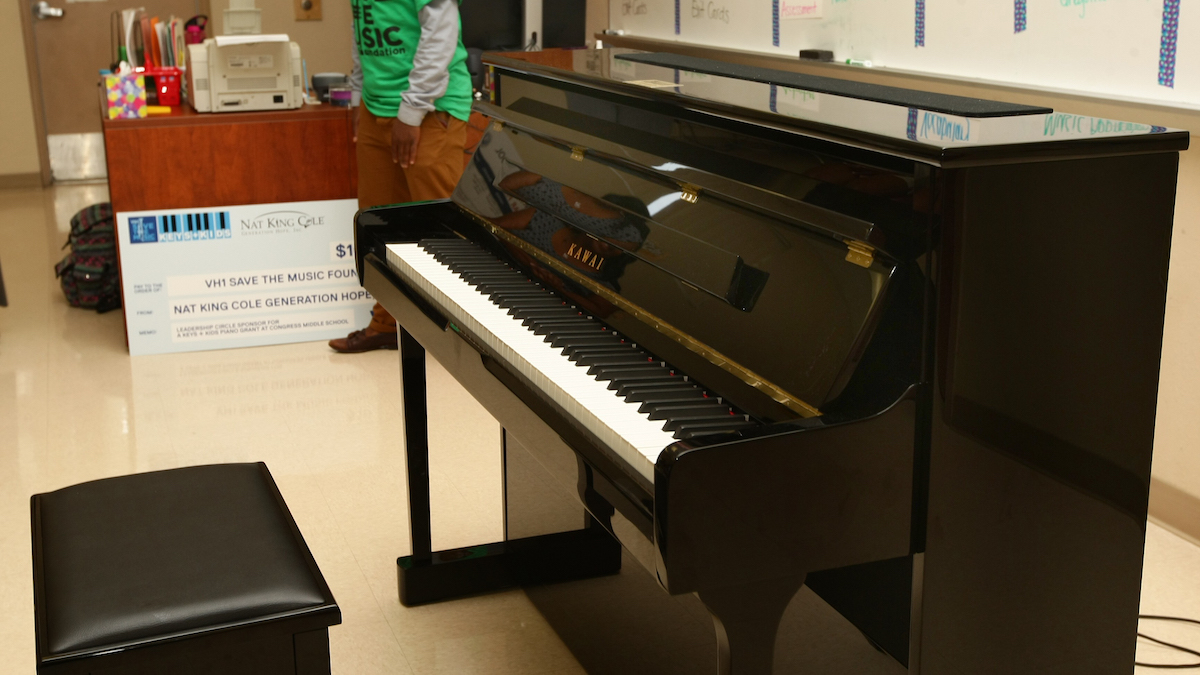
6. Kawai
Another highly-regarded Japanese brand, Kawai was founded in 1927 by Koichi Kawai, a former apprentice of Torakusu Yamaha, in Hamamatsu, Japan and has since become one of the world's leading piano manufacturers.
Handmade by skilled technicians, the Shigeru Kawai grand piano series are of sufficient quality and reputation to hold their own against rival manufacturers such as Bosendorfer, Steinway, Yamaha and Fazioli when it comes to garnering the attention of professional pianists, concert halls and conservatories. Kawai’s speciality is innovation in the use of advanced composite materials in place of wood in their piano mechanisms, a practice which has culminated in their Millennium III ABS Carbon action, which boasts increased strength and reduced weight, making the overall action faster and more responsive.
The current range of Kawai acoustic pianos is enormous, consisting of several series of both grand and upright models. Worthy of note are the flagship Shigeru Kawai SK-EX 9’ concert grand and the highly-regarded K-800 professional upright piano, together with the Novus NV5 hybrid piano - a full acoustic piano keyboard action mated to a digital sound source and speaker system.
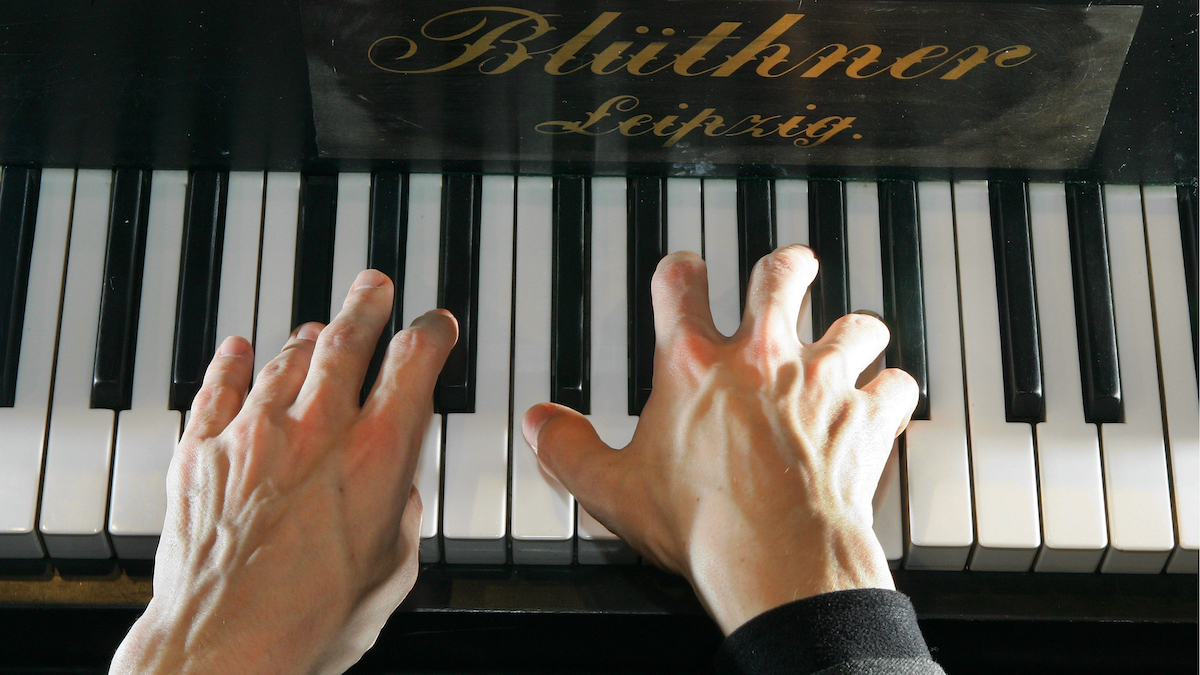
7. Blüthner
Another member of the ‘Est. 1853’ club, Blüthner was established in Leipzig in 1853 by Julius Blüthner. Blüthner pianos are renowned for their “golden tone”, featuring rich harmonics, and exceptional clarity. This is achieved through the implementation of Blüthner's patented Aliquot stringing system, which adds a fourth string in the upper register, resulting in a unique tonal brilliance and sonority. Blüthner aficionados include a number of the great and the good amongst their ranks - classical composers Prokofiev and Rachmaninoff were both big Blüthner fans, as is Stevie Wonder.
Two noteworthy examples from Blüthner's line-up are the Model 1 and the Model 6. The Model 1 is a 9’ concert grand piano whose superb dynamic range, expressive capabilities, and tonal richness make it a favoured choice of professional pianists and concert halls worldwide. Meanwhile, the Model 6 is a 6’ baby grand that delivers a resonant sound and exceptional playability, making it an ideal choice for both professionals and discerning enthusiasts. The sought-after Blüthner golden tone is also available in a range of five upright models, ranging in height from the 116cm Model D to the 146cm Model S. Also resident in the Blüthner camp are the subsidiary brands Haessler, Rönisch & Irmler, which provide a more affordable gateway into the world of Blüthner pianos.
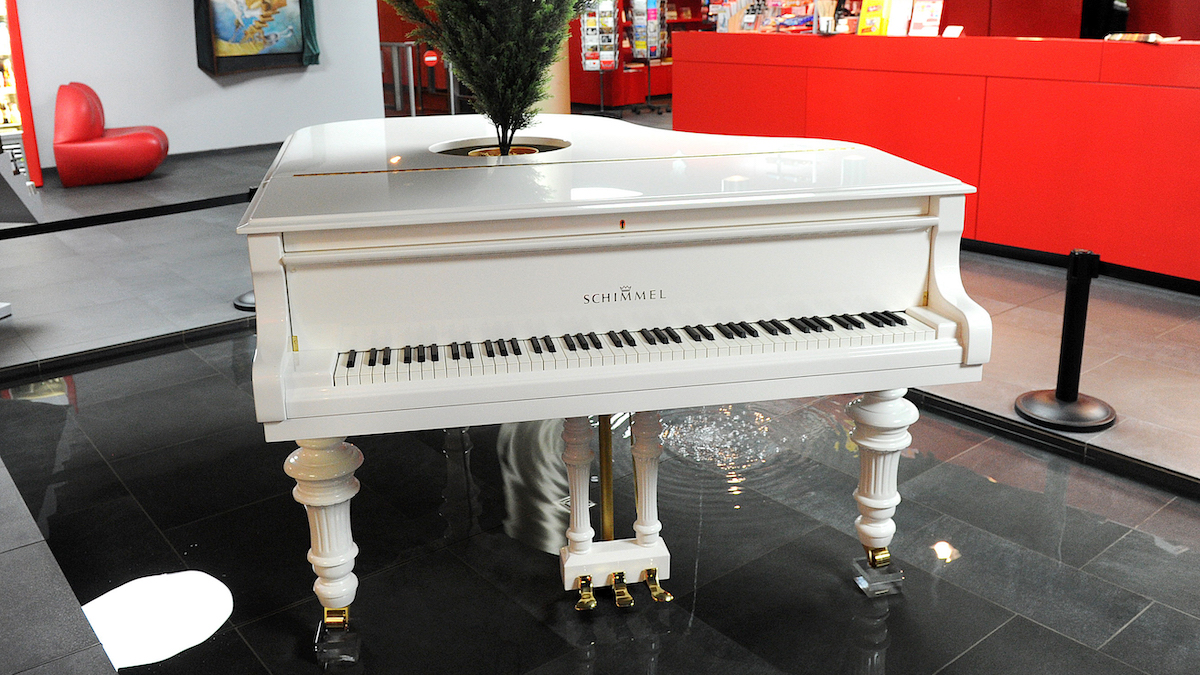
8. Schimmel
Another Leipzig-based company, Schimmel was originally founded in 1885 by Wilhelm Schimmel with a view to producing very high quality instruments. Schimmel’s continuing commitment to craftsmanship, attention to detail, and ‘quality will prevail’ philosophy have made them a trusted name in the piano industry for decades. Currently owned by the Chinese Pearl River Piano Group, Schimmel pianos are still manufactured in Braunschweig, Germany with the subsidiary mid-level Wilhelm Schimmel brand made in Poland and the entry-level Fridolin Schimmel brand designed by Schimmel and manufactured in China for the Asian and beginner market.
The current Schimmel Konzert range, developed for professional pianists, consists of 6 grand piano and 3 upright models, while the Schimmel Classic range features 3 grand and no less than 12 upright models. It’s their upright models where Schimmel is known to excel, highly regarded for their exceptional tonal depth, projection, and dynamic range. As an example, the Schimmel K122 is an upright piano celebrated for its compact size without compromising on sound quality, offering a remarkable balance between space-saving design and impressive performance.
Best piano brands: Digital piano
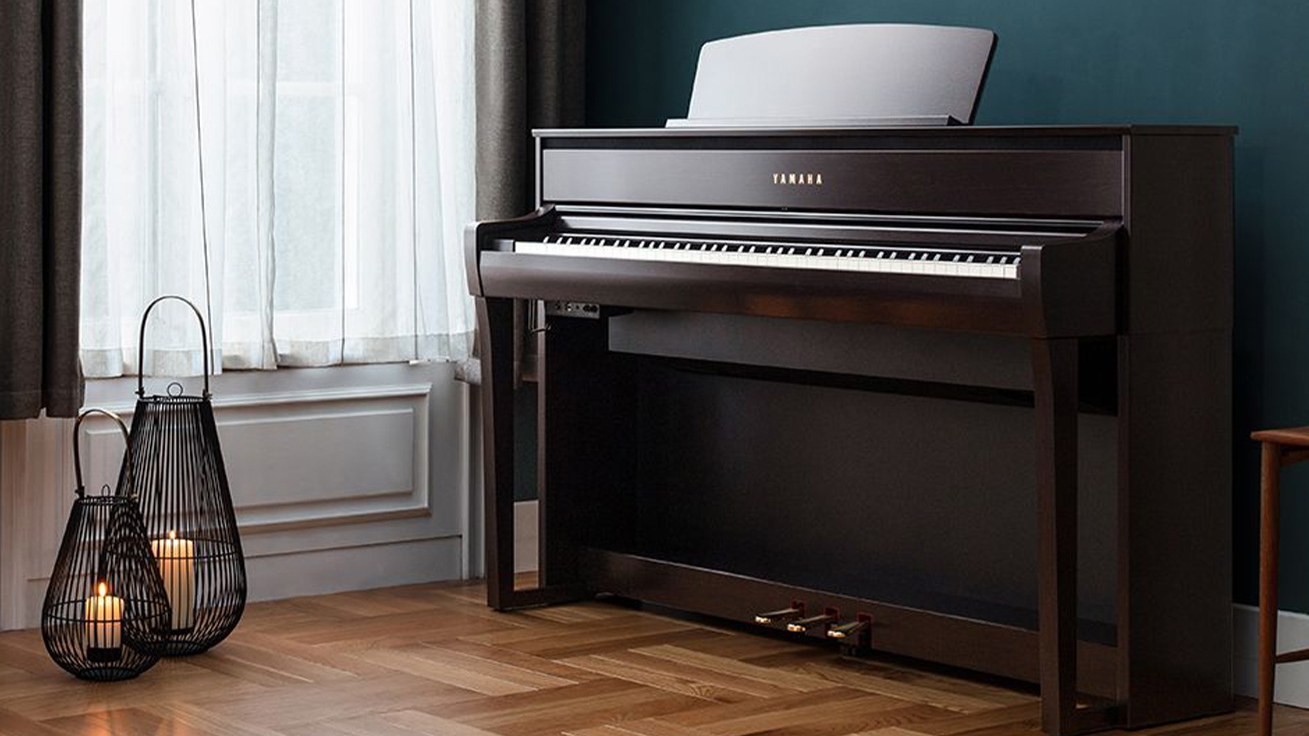
1. Yamaha
These days, Yamaha are just as highly regarded for their digital pianos as they are for their acoustic models. The first Yamaha digital piano (the Clavinova YP-30) appeared in 1983, so after four decades at the forefront of digital piano development they definitely know what they’re doing by now! Known for their clear, bright tone, the company’s diverse current model range includes the P-series portable pianos, the Arius (aka YDP) budget domestic range - these are similar to the P-series but designed more to be a permanent fixture in your home - and the more premium Clavinova console-style digital home pianos.
There are also other notable instruments on the Yamaha roster such as the CK-88 stage piano, which has been widely praised for its excellent keyboard and lifelike grand piano tone sourced from the iconic 9’ CFX concert grand piano, while the newly-announced P-145 and P-225 portables look set to take the portable digital piano world to new heights of quality and playability. Meanwhile, Yamaha continues to innovate, spearheading the hybrid era with their TransAcoustic pianos - true acoustic models that offer digital features such as headphone outputs and volume control, as well as the ability to replicate different grand piano models through software.
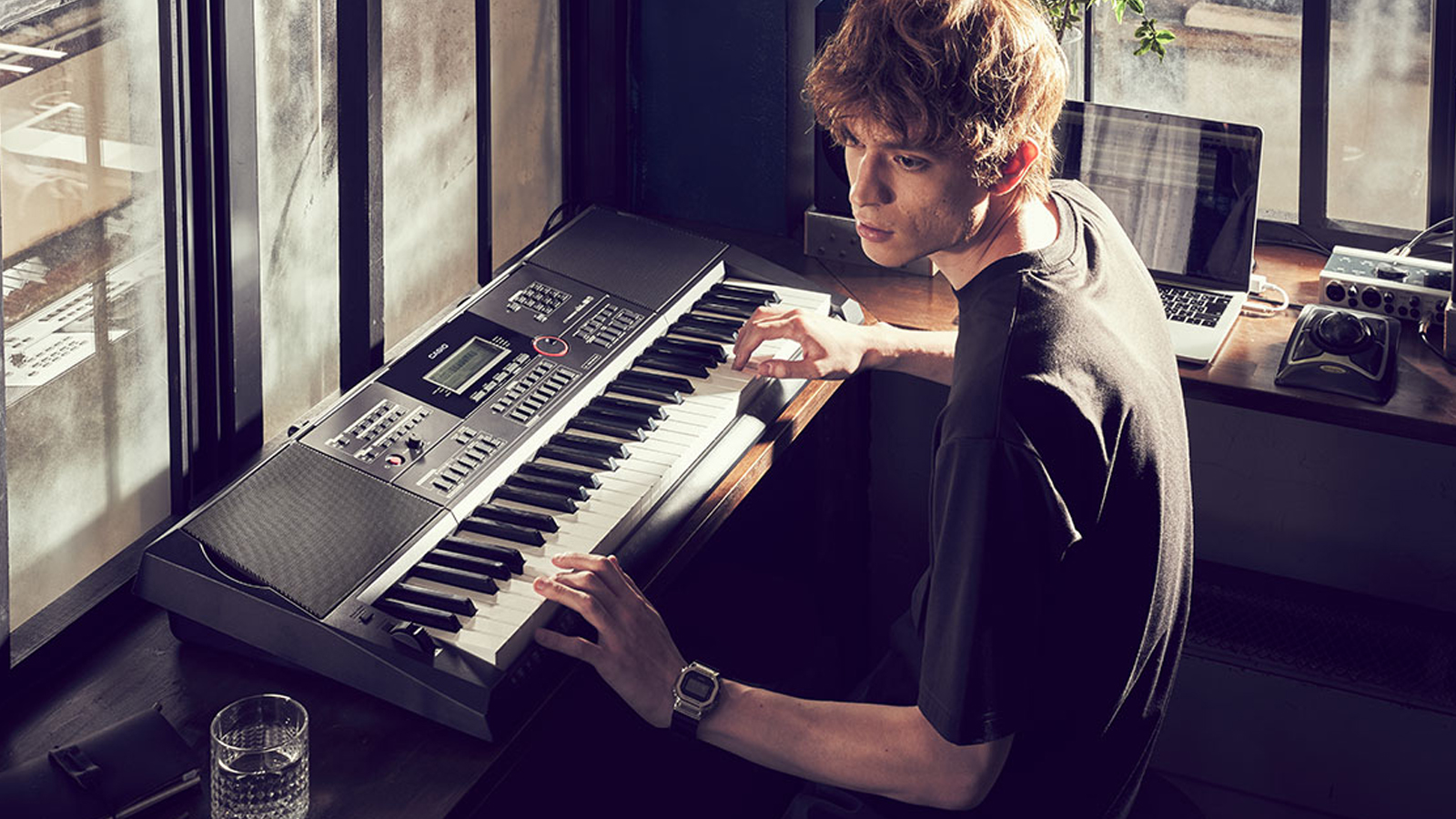
2. Casio
Since bringing affordable portable electronic keyboards to the masses in 1981 with the Casiotone CT-201, Japanese watch and calculator brand Casio have been steadily raising their digital piano game. This evolution has culminated in their Privia and Celviano digital piano brands being regarded as some of the best in the world.
Known for being very beginner friendly and offering great piano sounds on a smaller budget, Casio’s digital piano range just keeps on getting better. The current Privia portables, the PX-S series, are marketed as the world’s slimmest digital pianos, and with their small footprint and classy touch panel interfaces, they certainly make an appealing proposition for those just starting out.
Meanwhile, the Celviano series, marketed with the ‘AP’ model nomenclature are great mid-priced console home pianos that combine Casio’s Smart Scale Hammer action keyboards with the company’s bespoke AiR digital sound source. Then there’s the Grand Hybrid GP-310 and GP-510 that use authentic acoustic keyboard mechanisms to replicate a piano experience that’s up there with the best. On top of all this is the integration with the companion Casio Music Space app that provides an even richer user experience.
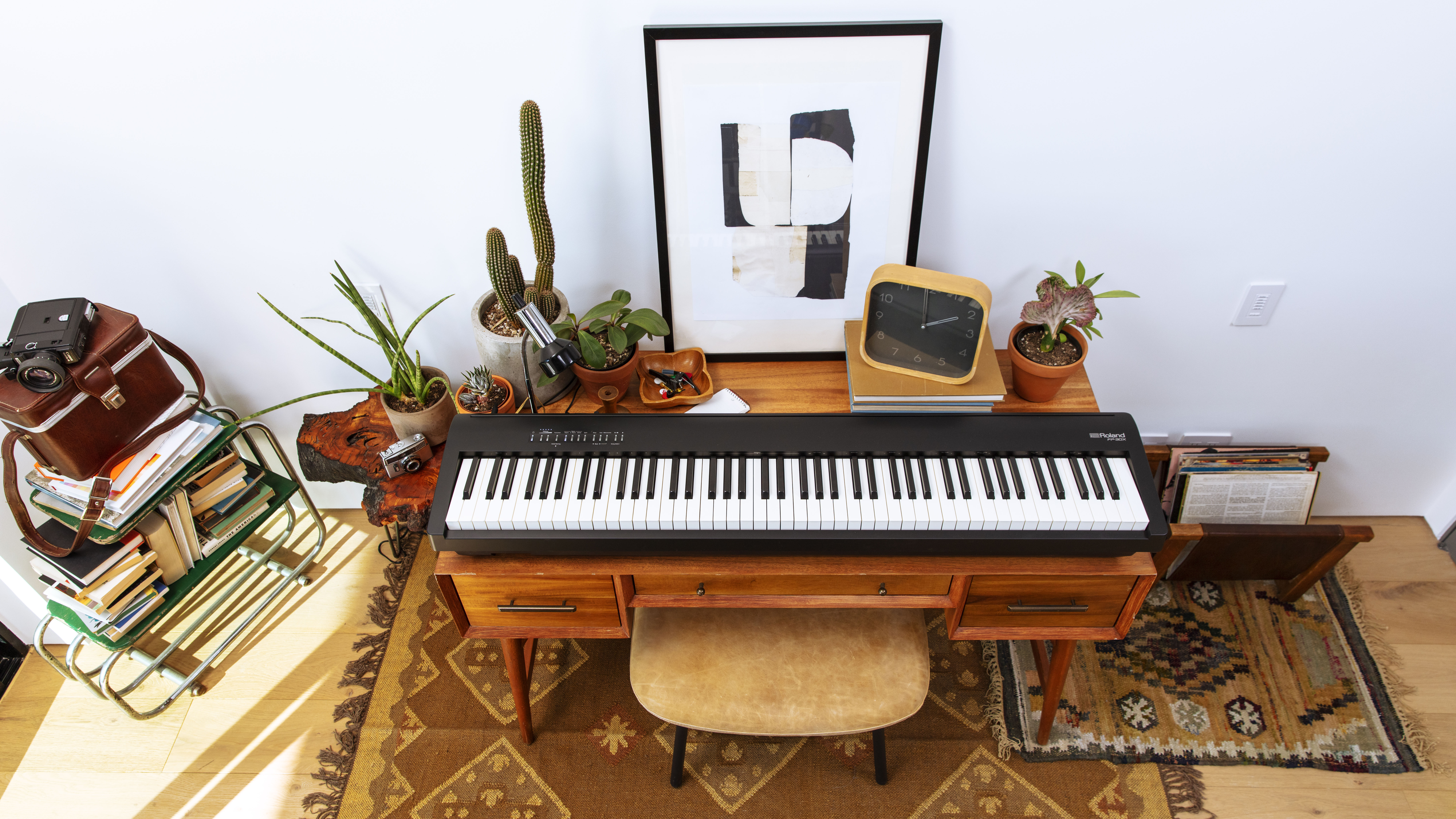
3. Roland
Originally best known for their pioneering 1980’s synths and drum machines such as the iconic Jupiter-8 analogue polysynth and TR-808 and TR-909 drum machines that changed the sound of popular music as we know it, Japanese brand Roland began producing electric pianos in 1973, with their first digital piano, the HP-300, debuting in 1983.
The current Roland digital piano lineup includes numerous product families like the portable FP series, the RD stage piano series, the HP, F and R ranges of home console pianos and the premium LX and GP ranges of professional standard digital upright and grand pianos. There’s also the ultra-portable GO:PIANO 88 if you’re in the market for a great piano sound on the go. The more affordable instruments are based around the company’s renowned SuperNATURAL sound engine, which has a characteristically bright tone, while at the upper end of the scale is the V-Piano engine, which uses physical modelling technology rather than samples of actual acoustic pianos.
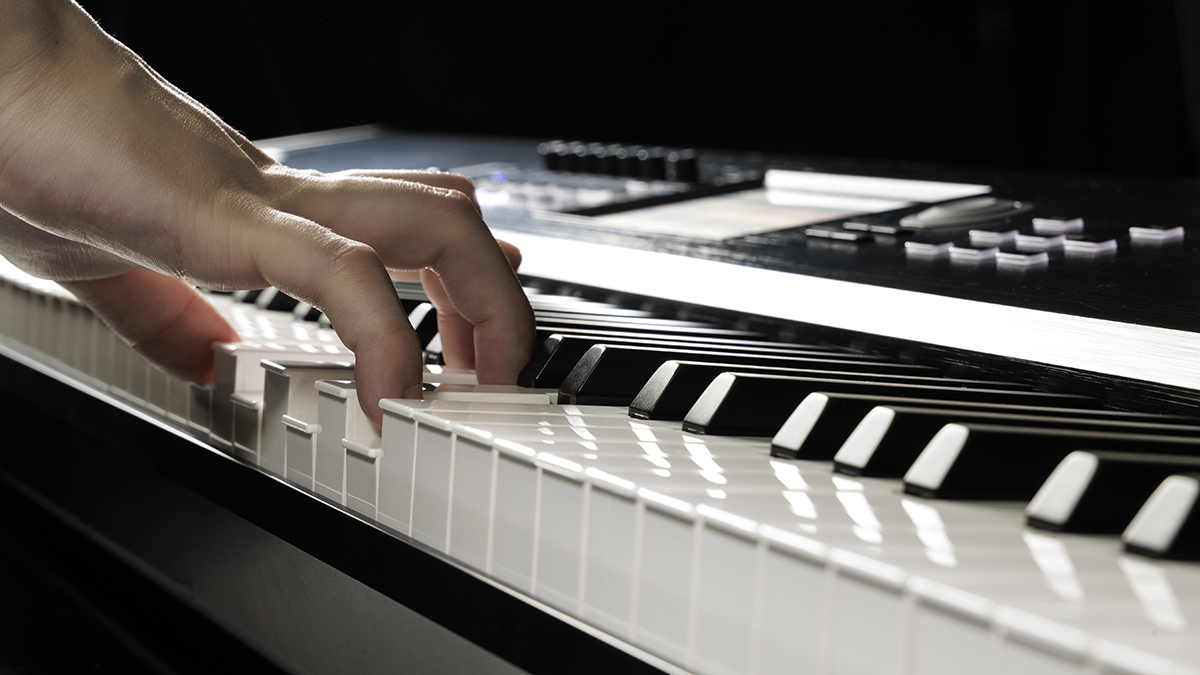
4. Korg
Another Japanese electronic keyboard and synth brand that rose to prominence in the 1970’s with products like the classic MS-20 monosynth and PolySix analogue polyphonic synthesizer, Korg first arrived on the digital piano scene in 1980 with the decidedly non-piano-like LP-10, but it was in 1988 that they changed the game completely with their unique and remarkably realistic acoustic piano sample for the M1 workstation keyboard. This instantly recognisable sound rapidly became the staple sound for 90’s Italo-house music and is still incredibly popular with house music producers to this day.
Now recognised as one of the world’s premier digital piano manufacturers, and with a string of high-profile celebrity endorsees such as Rick Wakeman, Greg Phillinganes and Bill Laurance, the current Korg range features gems such as the excellent sounding, retro-styled SV-2 stage piano and the range-topping G1 digital home piano, that features three intricately-sampled concert grand pianos from Germany, Austria and Japan.
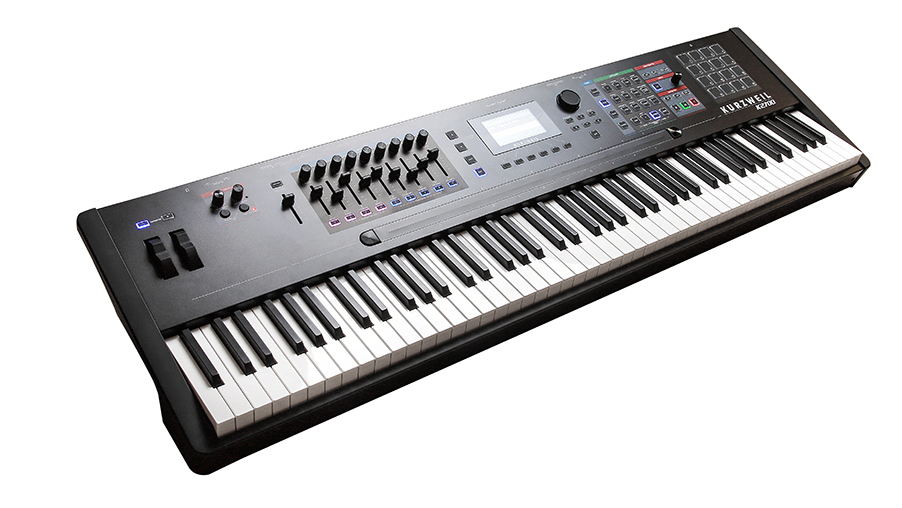
5. Kurzweil
American inventor Ray Kurzweil started Kurzweil Computer Systems in 1973 to produce text-to-speech reading systems for the visually impaired. His first customer was none other than Stevie Wonder, and the two began to envision a digital instrument that would combine the rich, nuanced tone of an acoustic piano with a digital control system. With Stevie on board as music consultant, the newly formed Kurzweil Music Systems unveiled its first digital piano, the Kurzweil 250, to widespread critical acclaim in 1983. The company has persevered with pursuing the perfect digital reproduction of the acoustic grand piano experience ever since.
The current Kurzweil product range encompasses a wide selection of pro keyboards, home digital pianos, speakers, studio gear and accessories, but from a pianists perspective, highlights include the SP-7 Grand 88-key stage piano with its A.T.S.T. (Authentic Timbre Synthesis Technology) sound engine and fantastic Fatar weighted keyboard. Meanwhile, the domestic console end of the market is ably served by the MP120 digital console piano, which features some of the best sounds from the Kurzweil Artis keyboard series, including the esteemed German 9' Concert Grand voice.
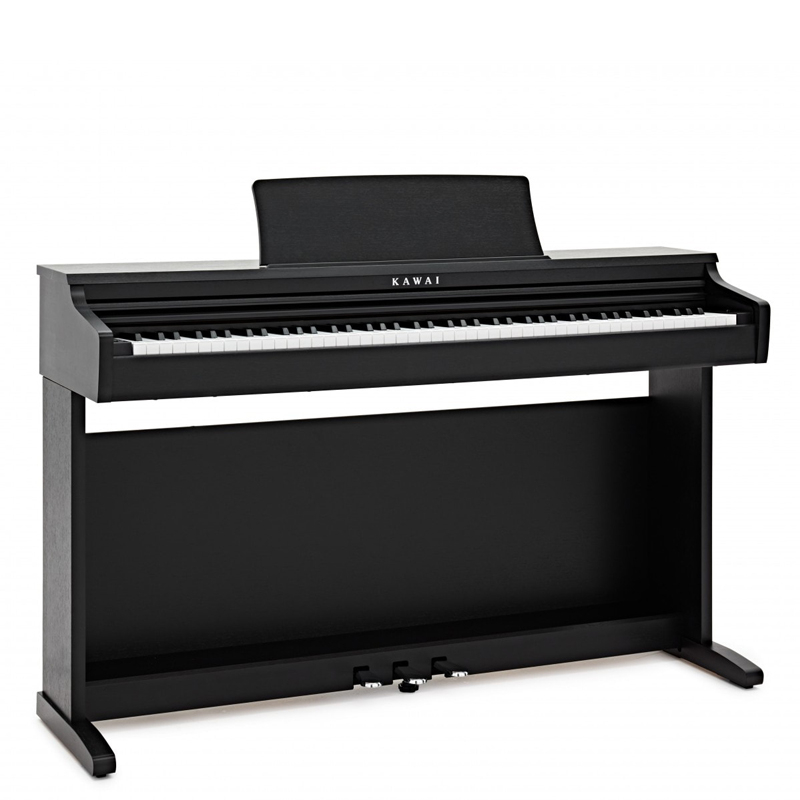
6. Kawai
Another highly-regarded Japanese brand with its roots firmly established in high-quality acoustic piano manufacturing, Kawai is also well-known for manufacturing digital instruments. To accompany their wide acoustic range, the company also produces an extensive selection of digital models to suit a broad spectrum of budgets and ability level.
Model families that sport the prestigious Kawai logo include the CA series of premium wooden-key digital pianos, the CN series of high-specification console digitals, the KDP entry-level home digital pianos, the ES portable and MP stage ranges, together with the DG digital grand series. The company also makes the VPC-1 Virtual Piano Controller, a weighted MIDI controller designed for use with virtual piano software.
A highlight of the lineup is the Kawai KDP120 entry-level console piano, which features the company’s Responsive Hammer Compact II keyboard action with triple sensor hammer detection, combined with a grand piano voice sampled from a top-of-the-range Shigeru Kawai SK-EX grand piano.
Best piano brands: Buying advice
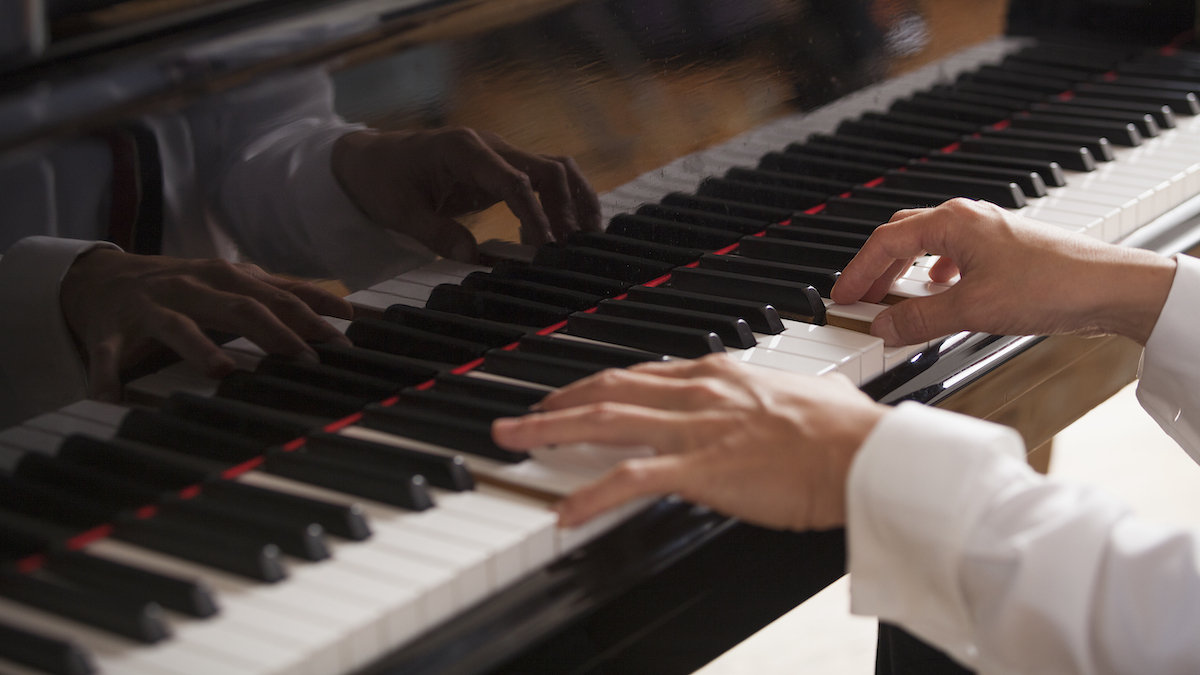
Like anything that represents a significant investment, choosing which brand of piano to buy can be a difficult decision, and there are many possible reasons why you might lean towards one brand or another when making up your mind. You’d think it would be safe to assume that one piano sounds very much like another, which is true up to a point. However, when you play different brands side by side in a showroom, for example, it quickly becomes apparent that one brand can sound very different from another in terms of overall tone, clarity, bass volume and cabinet resonance. Very much like guitars, the materials used in the construction of an acoustic piano can have a big effect on the sound, while the sound of a digital piano is dependent on the source of the samples used to produce the sound and how they’ve been processed.
How much should I spend on a piano?
Budget-wise, between $/£250 and $/£800 should net you a decent digital piano, while for acoustic upright pianos, a budget of between $/£1,800 and $/£5,000 is realistic. For grand pianos, a starting budget could be around $/£3,000 for a decent second-hand instrument, while at the upper end of the scale, a good Steinway grand can set you back six figures!
So, whether you’re in the market for an acoustic or digital piano, aim to try out as many different brands and models as you can within your price range. Set yourself a budget, do some research, then get down to the showroom and spend an afternoon trying out the brands that made your shortlist. Look out for things like the most comfortable action and whichever sound is more appealing to you as a player.
Ultimately, there’s no right or wrong answer to which brand of piano is better. Buying a piano is a sizable commitment, with the ideal outcome being the purchase of an instrument that you’ll enjoy playing for many years to come, so the most important thing is taking the time to choose the piano that suits you best.
How we choose the best piano brands for this guide
MusicRadar's got your back
Here at MusicRadar, we are experts in our field. We live and breathe everything piano related, and we draw on this knowledge and experience when selecting the brands to showcase in this feature.
First and foremost, we are musicians, and we want other players to find the right instrument for them. So before recommending a brand, we'll always get hands-on with as many instruments as possible from the manufacturer to ensure we are assessing the full scope of what is available.
We pay careful attention to the build quality, the range of options available and the price point of the models. We'll also look at the popularity of a brand within the wider community, before making a recommendation.
Find out more about how we test music gear and services at MusicRadar.
Looking for more piano advice? Our expert buyer's guides are here to help
- Shop the best digital pianos under $1,000/£1,000
- Best digital pianos for beginners: start playing with authentic sounds and feel
- Best keyboards for beginners: our expert picks
- Best headphones for digital piano: over-ear options for every budget
- Best piano benches: piano stools to suit all budgets
- Gen up with our digital pianos jargon buster
Get the MusicRadar Newsletter
Want all the hottest music and gear news, reviews, deals, features and more, direct to your inbox? Sign up here.
Dave has been making music with computers since 1988 and his engineering, programming and keyboard-playing has featured on recordings by artists including George Michael, Kylie and Gary Barlow. A music technology writer since 2007, he’s Computer Music’s long-serving songwriting and music theory columnist, iCreate magazine’s resident Logic Pro expert and a regular contributor to MusicRadar and Attack Magazine. He also lectures on synthesis at Leeds Conservatoire of Music and is the author of Avid Pro Tools Basics.
MusicRadar deals of the week: Enjoy a mind-blowing $600 off a full-fat Gibson Les Paul, £500 off Kirk Hammett's Epiphone Greeny, and so much more
“For those who think they know Joel’s story, as well as those who are not as familiar, I believe this two-part film is both a revelation and a surprise”: New Billy Joel doc is on the way
